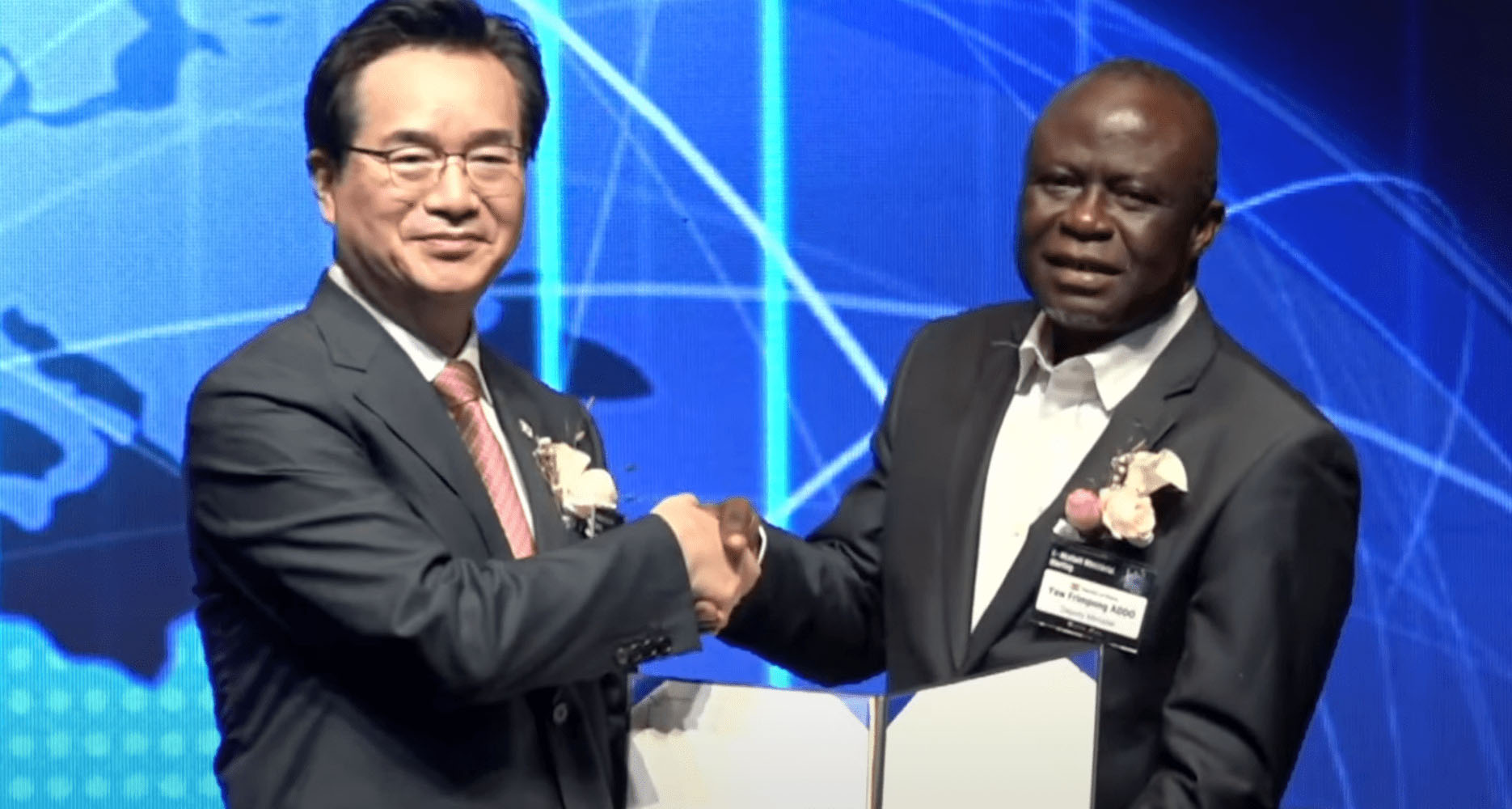
Photo Credit:Getty Images
South Korea's K-rice belt initiative is aimed at providing farmers in eight African nations, including Kenya, with quality rice varieties and sharing top-notch farming know-how.
The initiative is part of Seoul's official development assistance (ODA) and calls for supplying high-yield rice varieties and agricultural machines, helping Africa build irrigation and other necessary facilities, and sharing experiences and technologies regarding crop cultivation and distribution. The project is expected to take center stage at the planned South Korea-Africa Summit in Seoul from June 4 to 5, which Kenya's President William Ruto has confirmed attendance.
As part of the initiative, Seoul signed a memorandum of understanding with Senegal, Gambia, Guinea, Ghana, Cameroon, Uganda, Kenya, and Guinea Bissau last October aimed at ensuring their sustainable food security. The initiative aims to harvest some 2,000 tons of rice varieties in Africa this year, with the figure to rise to over 10,000 tons combined per year starting 2027, a level enough to feed around 30 million people in the underdeveloped nations annually.
The K-rice belt program is a long-term, comprehensive supportive project, which is expected to contribute to fundamentally resolving the food shortage problem in Africa and to enable Africa to achieve the sustainable development of the agriculture industry.
During a session of the Group of Seven summit held in Japan in May last year, President Yoon Suk Yeol vowed to enhance South Korea's support for nations facing a food crisis through various ODA programs and to double the country's food aid to the World Food Program to 100,000 tons per year.
The East Asian nation is exploring areas of cooperation with African countries across all sectors, including the economy, healthcare, and social development. Specifically, South Korea wants to achieve $10 billion in agricultural exports in 2023, promoting IT-mediated smart farming technologies and the capabilities of strong local players. The goal is to push up the figure further to $15 billion in 2027.
Rice is the only grain that has registered a self-sufficiency rate of a robust 84.6 percent in Korea, as about 80 percent of other crops are imported. The K-rice belt initiative is expected to contribute to fundamentally resolving the food shortage problem in Africa and to enable Africa to achieve the sustainable development of the agriculture industry.
Kenya and South Korea have enjoyed strong bilateral ties over the years, including in trade, despite volumes being in favor of the latter. According to the Kenya Economic Survey 2023, the value of imports from South Korea increased from Sh22.3 billion in 2021 to Sh50.2 billion in 2022, mainly due to increased imports of kerosene-type jet fuel. Exports equally increased to Sh6.1 billion, from Sh3.9 billion. Kenya’s main exports include coffee, titanium ore, and scrap copper, among others, while its imports include iron and steel, organic chemicals, machinery, nuclear reactors, boilers, and man made staple fibers, among others.
Overall, South Korea's K-rice belt initiative holds immense potential to boost food security in Africa, and its collaboration with Kenya can further strengthen the strong bilateral ties between the two nations.
















